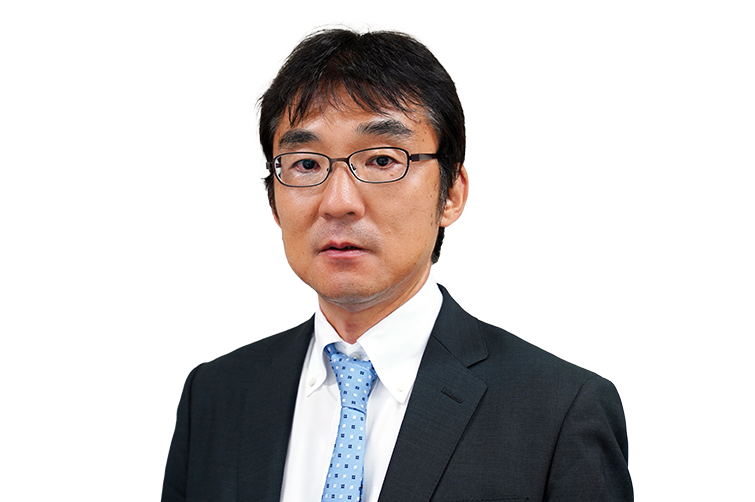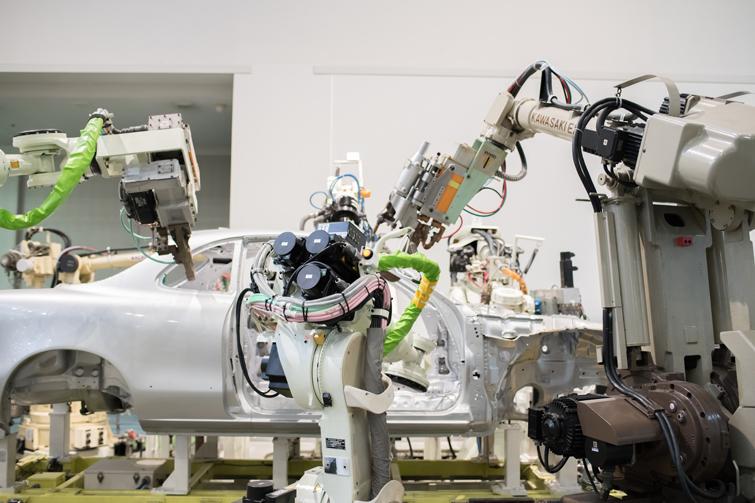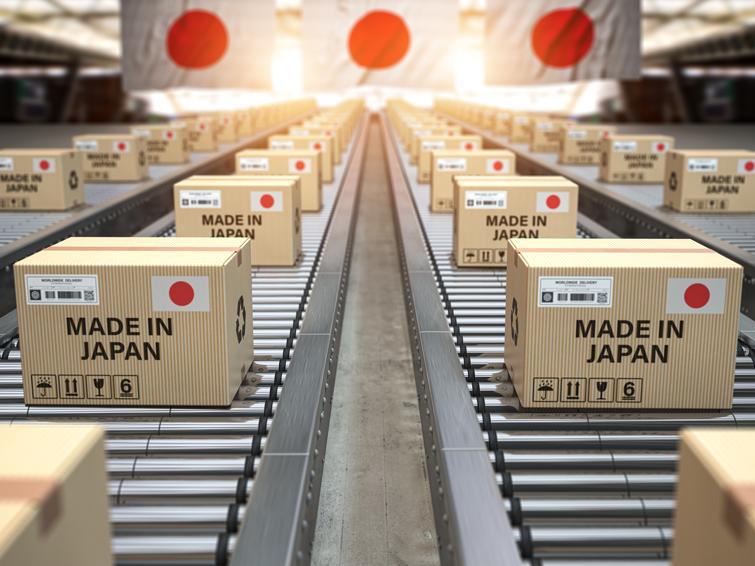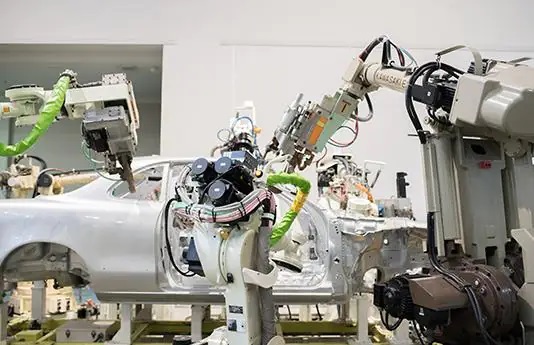
Tetsuya Watanabe, Vice President, Research Institute of Economy, Trade and Industry (RIETI); Visiting Professor, GraduateSchool of Public Policy, University of Tokyo
Tetsuya Watanabe is Vice President at the Research Institute of Economy, Trade and Industry (RIETI) and Visiting Professor at Graduate School of Public Policy, the University of Tokyo. In his capacity at RIETI, he hosts the RIETI Global Intelligence Series where he discusses and analyses, with experts from the US, the EU and Asia, the geopolitical tensions, global trade governance, climate change challenges, digital transformation and regional integration in Asia. He joined RIETI in 2020 after over three decades of a career as a trade policy maker and negotiator in the Ministry of Economy, Trade and Industry (METI), where he served as Director General for the Trade Policy. During his career at METI he worked on a wide range of bilateral, regional and multilateral trade negotiations and initiatives, including the WTO Joint Statement Initiatives on E-Commerce, the Trilateral Trade Ministers Meetings, the Regional Comprehensive Economic Partnership, the Japan-US Trade Agreement and the Japan-UK Comprehensive Economic Partnership Agreement. He also served as the Chief Counsellor at the Government Headquarter for the Trans Pacific Partnership at the Cabinet Secretariat.

The government of Japan estimates RCEP will boost the Japanese GDP by 2.7% in the long run.
The Regional Comprehensive Economic Partnership (RCEP) came into force at a time when we are faced with a changing global and regional landscape. The geopolitical uncertainties have increased. The COVID-19 pandemic has exposed the vulnerability of supply chains and calls for protectionism have heightened. In the meantime, technological development and digitalization are rapidly transforming supply chains. Decarbonization throughout supply chains is also an urgent task facing countries and companies.
RCEP is the largest regional pact in terms of GDP, trade volume, foreign direct investment and population, connecting the most dynamic growth region in the world. The agreement is the key driver of economic integration and dynamism, and will provide institutional infrastructure that will boost regional supply chains and facilitate trade and investment flows.
RCEP reduces barriers for trade in goods, services and investment by eliminating and reducing tariffs and non-tariff barriers- facilitating custom procedures and providing common rules of origin. RCEP has also updated rules for investment, digital trade and interllectual property.
Digital technology is rapidly transforming the economic landscape of the region, providing opportunities for start-ups to leap-frog areas such as cashless payments and fintech, ecommerce, ride-hailing, food delivery, games and entertainment, consumer and micro-finance, smart cities. A large and youthful population equipped with smart phones are spearheading a new life-style in the digital age.

RCEP digital trade rules will help facilitate this trend and promote innovation.
RCEP will change the region’s economic and business environment. Japanese manufacturing companies in the areas of automobiles, electronics, and steel sectors are expanding their business operations extensively in the region including Southeast Asian countries, and China will greatly benefit from RCEP.
Small-and-medium-sized companies and emerging tech start-ups are also joining value chains. The government of Japan estimates RCEP will boost the Japanese GDP by 2.7% in the long run.
RCEP is also a valued source of peace and stability for the region amid a rising protectionist sentiment and the looming crisis facing the WTO. Economic integration plays a critical role in promoting peace and stability, connecting major economies in more interdependence and a rule based multilateralism.
The agreement is designed as an evolving one with a mechanism for monitoring implementation and discussing improvement and a 5-year review. Thus, it has the capacity to adapt to itself and adapt to the ever-changing economic development in the region. It will engage members at various levels of development continuously and step-by-step toward deeper economic integration. Slow movers are allowed special and differential treatment or a grace period to achieve the same goals. Capacity building and technical cooperation are important elements of the agreement to assist the least developed members to implement RCEP’s commitments.
Going forward, the implementation of the agreement is just the start. RCEP could serve as a framework to facilitate deeper economic cooperation by promoting dialogue among the members to share experiences. The countries in this region face common challenges including COVID-19 recovery, supply chain resiliance, infrastructure investment principles and standards, the transition towards decarbonization and the realization of a more sustainable society.
I was involved in the launch and negotiations of RCEP as the chief negotiator. I hope, with RCEP as a key milestone in the deepening of economic integration, that this region will become a vibrant, innovative and sustainable economic center.





















